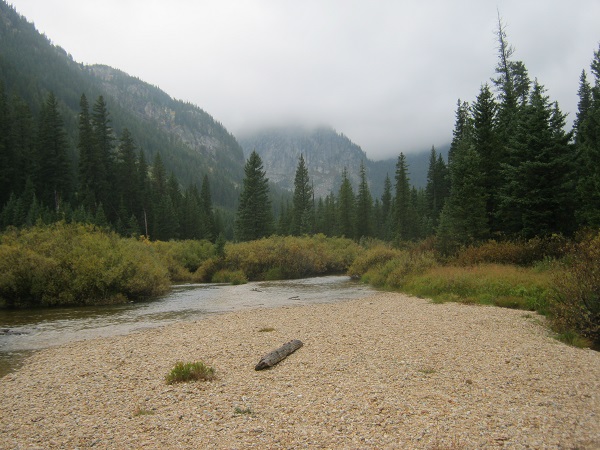Someone always has a piece of software that will make your life better in some way. And you know the kind of person too: bright-eyed, evangelistic, full of tips and tricks, obscure menu items, time-saving keystroke combinations...
And sometimes, they are right. They just need to overcome my suspicion first.
All writers, at least in my field, at some point talk about Scrivener, the program from Literature and Latte. It's a program that gives you a variety of ways to outline and plot, as well as write, compile, and submit manuscripts.
For a long time I had it, and didn't do anything with it except contemplate how much of a pain it was going to be to learn to use it. How much more productive would I need to become to make up for the time spent learning it? A got a couple of books, because that is how I prefer to learn, and then didn't read them.
Then, a couple of weeks ago, I set aside a day to dig into a vast mass of notes and discarded drafts of a book I once worked on, set on the partly terraformed Venus of my novel Deepdrive .
.
First off, it was a dismaying experience. There were a lot of notes, on various sizes and colors of paper, in various notebooks, and even included a file I generated by Dragon Naturally Speaking after I had had my eye surgery and could not use my eyes to read or write. It was a bit like something you would have expected to find stuffed into a drawer in the Unabomber's cabin.
There was a lot of good stuff there, but it had no organization, and there were several sticking points that kept not getting resolved, the reason I had never managed to move things forward.
I decided to see if Scrivener could help me with this. Scrivener has a feature called the Corkboard, which is an image of notecards on a corkboard. Each notecard can actually be the top card of a stack of cards, if they all relate to the same thing. And you can move them around and reorganize them. These cards are just a way of looking things, and this information can be viewed in other ways in the program.
So I spent one long day taking my notes and pouring them onto notecards. It was actually a transformative experience. I created Plot cards, each of which was a scene, with groups gathered into sections, Character cards, one for each, cards for locations, organizations, and other important facts that needed to be decided.
When I was done, where I needed to work and make decisions became much clearer. And it wasn't actually that hard at all to do. I'm sure there is a lot of functionality that I haven't yet managed to get access to, but the liberation of being able to move cards at will, and scan over the plot at a high level, has already showed the program's value.
I have one set of cards called Open Questions. These are issues I have not yet resolved. How does someone escape from the situation they are in? How did this character learn this particular essential fact? Which of several possible characters does something important to the plot?
Having each question on a single card means I can sit down and focus on one clearly defined problem at a time.
Now, to solve each Open Question, I still write on my pads. It's the way I think, and I don't think that will ever change. Scrivener has let me clearly define the problem, though, and then I can focus my mind on it. When I think I have solved it, I write an underlined Good under the solution, and then delete the Open Question card, and put the solution in its proper place in the plot cards (what happens) and character cards (who does it, how this relates to their personality and goals).
Now, I can't say yet that I have solved the problem of the book, but Scrivener has allowed me to make way more progress on it than I have in years. So, score one for the clever software that helps me do my work.



